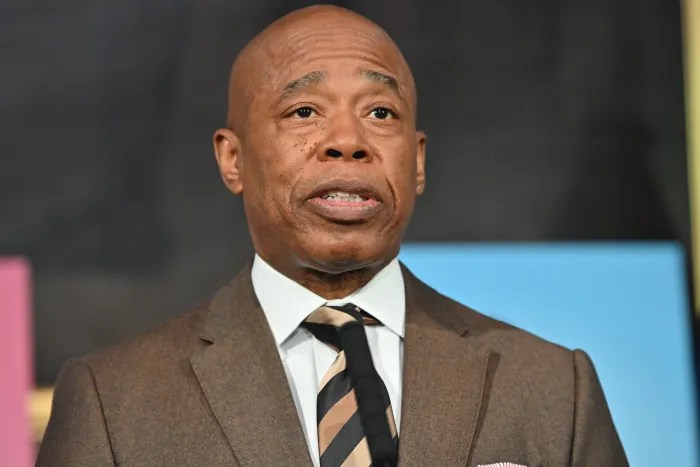After years of lawn mowers buzzing, car horns blaring, music thumping and New Yorkers essentially just being loud, Mayor Bloomberg signed a bill to change the 30 year old noise laws to fit a growing city.
According to Bloomberg, “The City’s 3-1-1 hotline logged over 335,000 noise complaints,” last year alone making noise pollution “the number one quality-of-life issue for New York City residents.”
The new law, set to take affect in July 2007, will regulate noise pollution from everything from dogs barking and off-hour construction to Mister Softee’s signature jingle. Residents who file noise complaints will be visited by representatives from the Department of Environmental Protection (DEP), who will then measure the decibel of the disturbance.
“The code revisions have been long coming,” said Council Member John Liu, one of six council members from Queens in support of the bill. “The intent is to make New York City more livable and workable.”
Not everyone was happy with the original changes to the code put forth by the Bloomberg administration. “Everyone from construction companies to private residents were concerned about the changes,” said Councilman James Gennaro, Chair of the Environmental Protection Committee; the committee presiding over noise codes. “My job was to work with concerned parties and the administration to make the bill a little more fair and objective.”
The new code details acceptable noise levels down to the decibel while the old law vaguely described a wide range of sounds as “unreasonable.”
Music heard from bars, restaurants and clubs will be limited to 42 decibels when measured from dwellings in close range under the revised law. But establishments that are in violation of the new code would now be given the opportunity to rectify the problem instead of being slapped with thousands of dollars in fines.
“The new law will give businesses the benefit of the doubt and allow them to take the money they would spend on fines, and invest it into their business encouraging them to fix the problem,” said Robert Bookman, spokesperson for New York Nightlife Association (NYNA), an organization of owners, managers and staff from New York City bars clubs and lounges. “The code deals with a lot of issues but we feel that it is very fair to us and to the city.”
NYNA worked hand in hand with the Department of Environmental Protection, Mister Softee Inc., and city government to compromise on the new bill.
For most New Yorkers Mister Softee’s jingle means goodbye cold weather and hello spring. Under the bill signed by Bloomberg, Mister Softee will no longer be able to play his song while parked.
“We feel that the new law is a fair compromise,” said James Conway Jr., Vice President of Mister Softee Inc. “We were concerned for trucks that operate in the outer boroughs. The song lets people know that our drivers are outside and gives them time to come out but the law is realistic and workable.”































